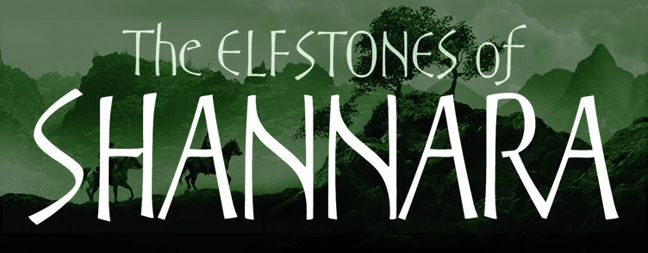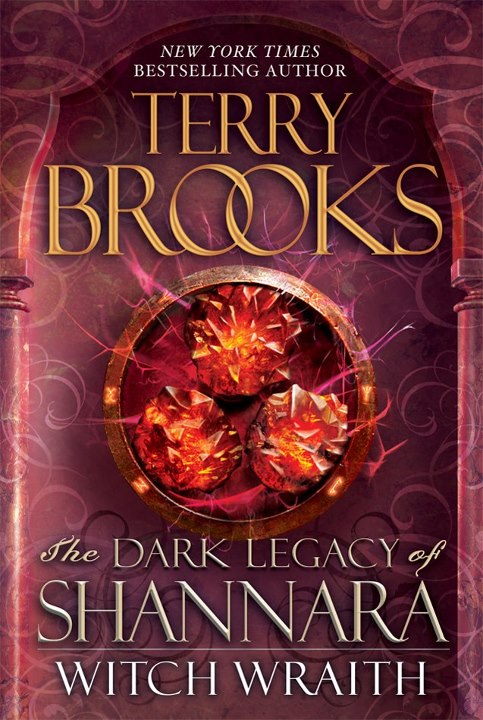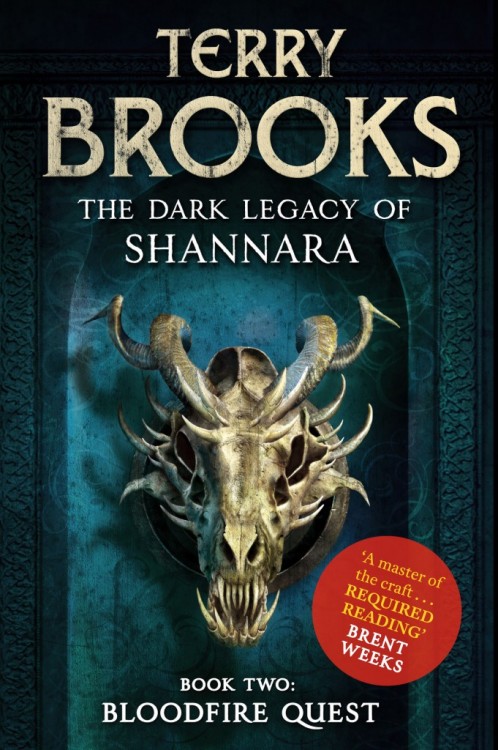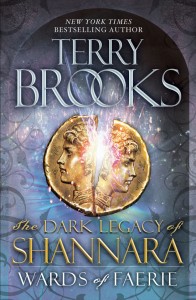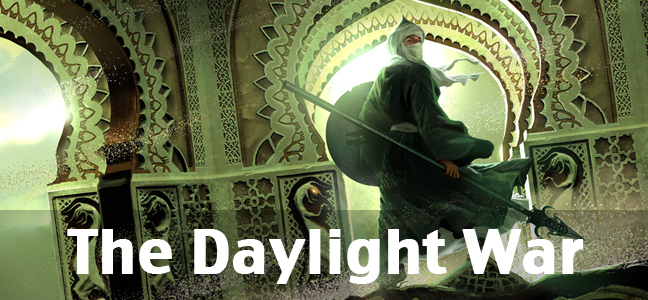
Peter V. Brett announced today that he has completed The Daylight War, the third volume in his Demon Cycle series. He comments on the experience:
When you work on a single project for three years, though massive ups and downs in your personal life and equally massive ups and downs creatively, it is a strange feeling to be done. There were times I never thought the day would come, hurdles in the story I never thought I would surpass.
He follows this by speaking directly about The Daylight War, at what fans can expect from the novel, and beyond:
Is The Daylight War better than The Warded Man or The Desert Spear? That is not for me to decide. It is very different in spirit and intent than those other books, intentionally so. I have grown as a writer and changed as a person over the last few years, and the book reflects that. When I start writing the same book over and over, then it’s time to worry.
But if I cannot say it’s better, I can say that it is the best book I could make it. I cut no corners, skipped no hurdles and took no shortcuts. This is clear in some ways from the sheer size of the book: 254,000 words (5% longer than Desert Spear, and close to 3x the size of your average genre book).
But it’s more clear in the content. Daylight War explores the characters of the Demon Cycle in a new light, adding depth to the world and weight to their actions. If Warded Man was a book about fear and Desert Spear was about opposing cultures struggling to find common ground, Daylight War is, as my editor put it, “a book about relationships”.
And some of them, I think, will surprise you.
[…]
The next book in the Demon Cycle series is tentatively titled The Skull Throne. There has been a working file for that book for over a year, with the stepsheet currently at 84 pages, spelling out in great detail the 21 key chapters of the book’s story arc. Doubtless more will be added, but I already have a clear skeleton to start from.
Given my thoughts on The Desert Spear, I’m a little concerned to be hearing the bolded comments from Brett. I felt that The Warded Man (which I quite liked) balanced nicely on the line of being an character-heavy narrative with just enough gut-wrenching action and magic to keep things interesting. The second volume expanded the relationship side of the story, quite dramatically, and suffered from poor pacing and some self-indulgent bloat. It also didn’t help that I felt that those relationships are the weakest part of the series, taking a back seat to Brett’s exploration of magic, his world-building and action. The Daylight War seems poised to continue along this path. Of course, I was something of an outlier in my opinion, so Brett’s legion of fans are surely salivating at the idea that this is his longest novel yet.
And, despite these reservations, I find myself looking forward to sinking again into Arlen’s story, especially given the events at the very end of The Desert Spear, which speak of major changes coming to Brett’s series. I’ll give the novel a fair shake when I get my hands on it.
The Daylight War will launch on the week of February 11th, 2013.
